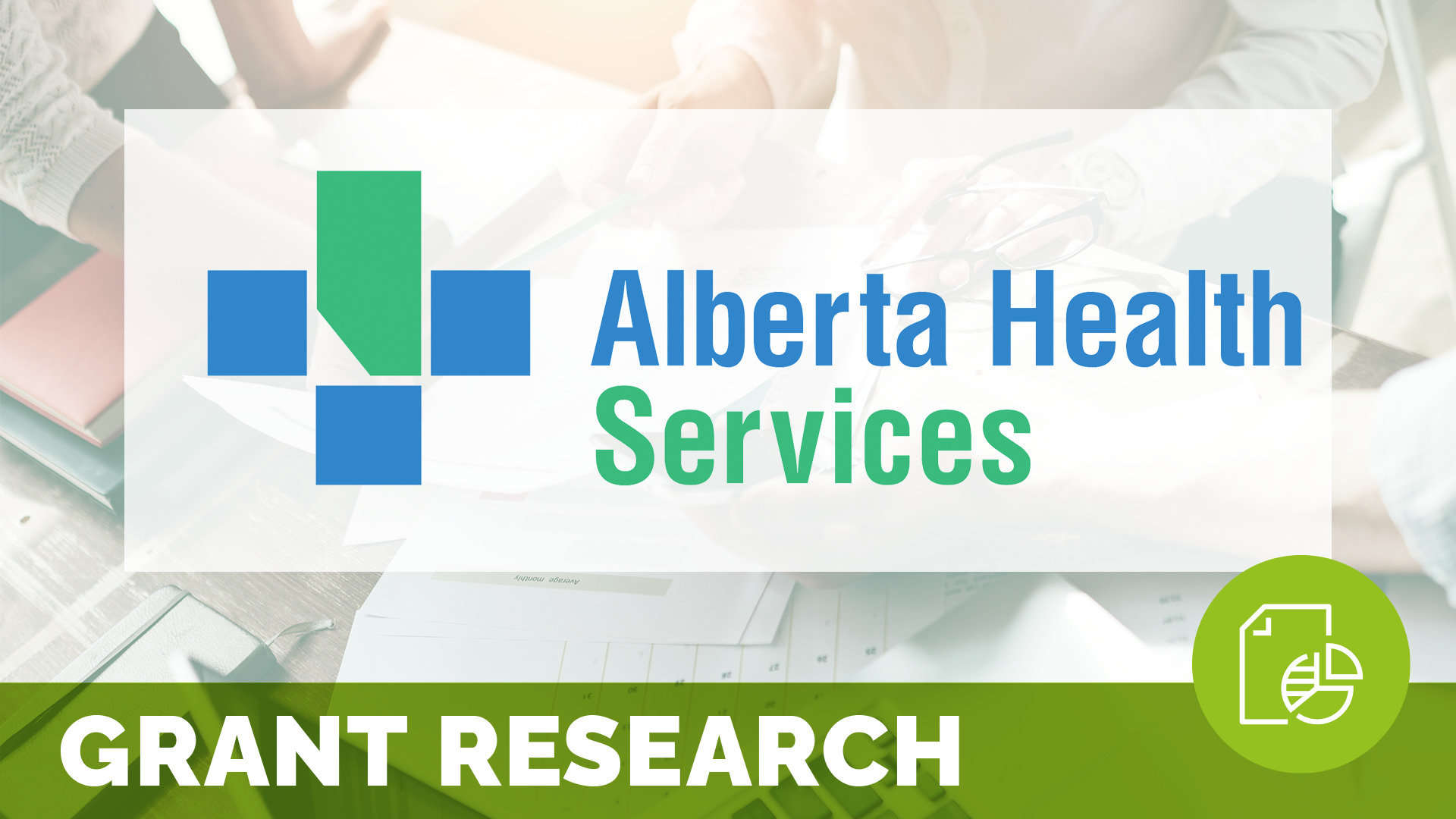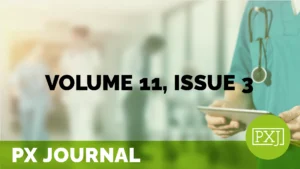Understanding Care Transitions Before, During and Following COVID-19: Patient/Family, Care Provider and System Experiences (2019 to 2022)

Transitions in care involve more than just moving patients between care settings and providers. It encompasses communication, information, navigation, preparation and having choices in services and programs – especially during a pandemic. In this research paper, grant recipient Albert Health Services shares their two-year project to identify the key experience measures for patients, families and care providers regarding transitions in care before, during and following COVID-19. If you’re responsible for care coordination and safe patient transitions, this is a must-read for you.
Related content
-
 Patient Family & Community Engagement
Patient Family & Community EngagementTransforming Healthcare Together: The Power of Patient and Family Partnerships
In the realm of healthcare, the journey towards excellence is continuous, with the ultimate goal of enhancing the human experience. An important approach that is gaining momentum involves formal and intentional partnerships with patients, families, and care partners. This collaborative strategy is not just a concept but a transformative movement. The Beryl Institute strongly advocates
Learn more -
 Patient Family & Community Engagement
Patient Family & Community EngagementExperiences of Psychosocial Support in Group Rehabilitation Interventions from Adults with Chronic Conditions – A Qualitative Systematic Review
Psychosocial support in group rehabilitation interventions can provide adequate social support and a basis for self-management. Both healthcare professionals and peers have invaluable roles in helping patients with chronic conditions adapt to their life situation. Interventions should facilitate knowledge sharing and help patients take responsibility for self-management. Furthermore, participants should be able to choose the
Learn more -
 Patient Family & Community Engagement
Patient Family & Community EngagementTailoring Communication for Families: Enhancing Understanding and Reducing Stress in Pediatric Care
By Emily Revelle Communication is the basis of all things we do in healthcare. When done well, it allows us to present vital information to the family, work well together as a medical team, and establish psychological safety. When done poorly, it will do the opposite and can increase mistrust of the medical system. What
Learn more
